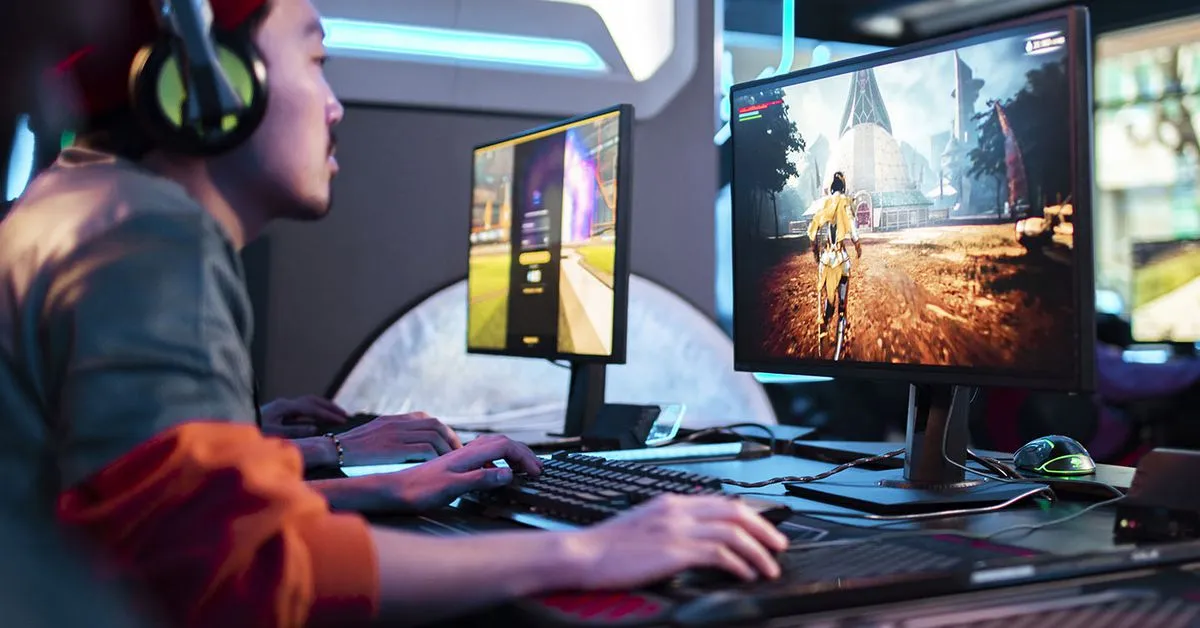Richard Bartle’s taxonomy of player types uses psychology to provide clues as to which games certain gamers might enjoy by analyzing the way they play, notes Adrian Krion, CEO and Founder of the Berlin-based blockchain gaming startup Spielworks and maker of the user-friendly gaming wallet Wombat. Renowned Danish game developer Jesper Juul also taps into the psychology of gaming by claiming that failure is a motivating factor among gamers, he adds. Juul posits in his 2016 book The Art of Failure: An Essay on the Pain of Playing Video Games that one of the main reasons people play video games is to fail, because it gives us the chance to learn and improve. This paradox of failure applies to Web3 gaming as much as it does in the traditional gaming sector, and is helping to disrupt the wider gaming industry.
Web3 gaming is starting to merge enhanced storylines with breathtaking visuals, challenging and entertaining hardcore and casual traditional gamers as well as the Web3 crowd, while keeping the community spirit alive. Titles such as Planet IX and Illuvium are enticing gamers with well-crafted narratives, community-oriented models, and the freedom to own in-game assets. Smart contract design, token-based incentives and other gaming technologies are only benefiting the world, and the only way to really lose is not to play at all.
Any gamer can tell you that beating an easy game or mission is far less satisfying than succeeding after multiple failed attempts, says Krion. In this context, the failure paradox makes sense from a psychological point because when we overcome a challenge our brain responds by releasing dopamine.
